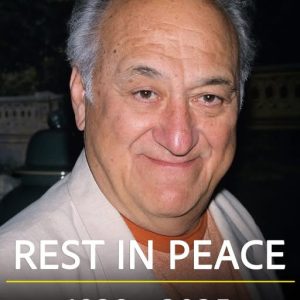President Donald Trump’s latest executive order, which targets non-citizen students participating in anti-Israel demonstrations, has stirred significant controversy. While the administration claims the measure combats anti-Semitism, critics argue it dangerously undermines free speech and democratic values, particularly on college campuses.
The order grants the government authority to deport international students who take part in protests deemed anti-Israel. Civil rights advocates warn this blurs the line between combating hate and suppressing legitimate political dissent, particularly from pro-Palestinian activists who are increasingly vocal in academic environments.
Opponents argue that the policy does not represent a genuine effort to address anti-Semitism but instead aims to silence criticism of Israel. They emphasize that using immigration enforcement as a tool against student activism creates a chilling effect on political discourse and academic engagement.
By discouraging open debate on the Israeli-Palestinian conflict, the executive order threatens the principles of free expression and peaceful assembly. Many view this approach as a calculated attempt to intimidate international students and marginalize dissenting voices on a highly sensitive global issue.
Civil liberties organizations have condemned the order as a dangerous precedent. They argue that invoking national security to restrict political expression erodes constitutional rights and sets the stage for broader suppression of political movements under the guise of protecting public order.
International students now face increased pressure to self-censor, knowing that their academic status in the U.S. could be jeopardized by participating in demonstrations or expressing political views deemed controversial by the government.
Critics also warn that the policy risks damaging the reputation of American universities as spaces for intellectual freedom and critical debate. Restricting speech in academic settings could alienate students and scholars who seek open discussions on contentious global issues.
Ultimately, the executive order raises serious questions about how to balance the fight against discrimination with the protection of free speech. Ensuring campus safety and inclusivity should not come at the cost of silencing diverse perspectives essential to a democratic society.





